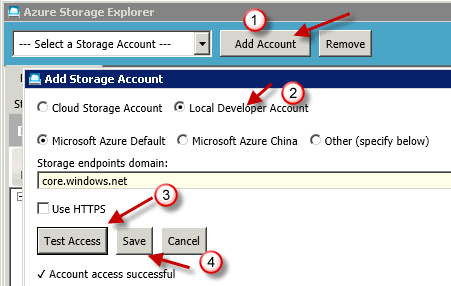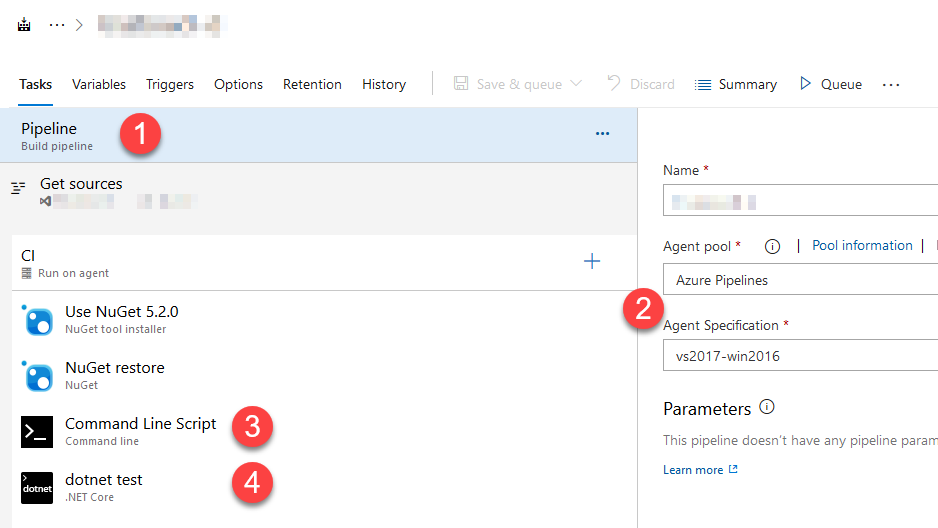


Connection leak for retried non-buffered requests on.Added JsonObjectSerializer that implements ObjectSerializer for.Added ObjectSerializer base class for serialization.If you have a bug or feature request for one of the libraries, please file an issue in our repo. $> dotnet add package -version 1.0.0-preview.1 $> dotnet add package -version 12.0.0-preview.4 $> dotnet add package -version 7.0.0-preview.6 $> dotnet add package -version 5.2.0-preview.3 $> dotnet add package -version 0.1.0-preview.4 $> dotnet add package Azure.AI.TextAnalytics -version 5.0.0 That's it - all tests are coming out green, and are successfully running the Storage Emulator on the hosted Azure DevOps build agents.$> dotnet add package Azure.AI.FormRecognizer -version 3.0.0-preview.2 With those modifications, the command line have successfully created and started the MSSQLLocdalDB instance in the MicrosoftSQL Server Express LocalDB - this is what the Storage Emulator relies on to execute and store data. "C:\Program Files (x86)\Microsoft SDKs\Azure\Storage Emulator\AzureStorageEmulator.exe" start The (3) - Command Line script content - looks like this: sqllocaldb create MSSQLLocalDB In the above steps, the only real difference to what my pipeline looked like previously is that there's a script being executed just before I start to run my tests which use the Storage Emulator. Add a Command Line Task (more details on the content of that task further down).I'm successfully using vs2017-win2016 for my current setup. This is required for the emulator to work in this capacity. Ensure that you're running on a Windows-based agent.Select your pipeline (this is where you can change the Agent Pool & Spec).
#Azure storage emulator dotnet core windows#
Azure DevOps build definition adding a Command Line Script and setting the Hosted agent to a Windows based one. In my build definition, this is what I'm doing - don't worry, it's easy as 1-2-3-4. Here's what you can do to accomplish this:

), it's nice to be able to use the Azure Storage Emulator. However when it comes to running iterative tests over and over again, which perhaps in themselves does a lot of storage operations to Azure Storage (Tables, Queues, Blobs. Working with Azure is great in many ways.


 0 kommentar(er)
0 kommentar(er)
